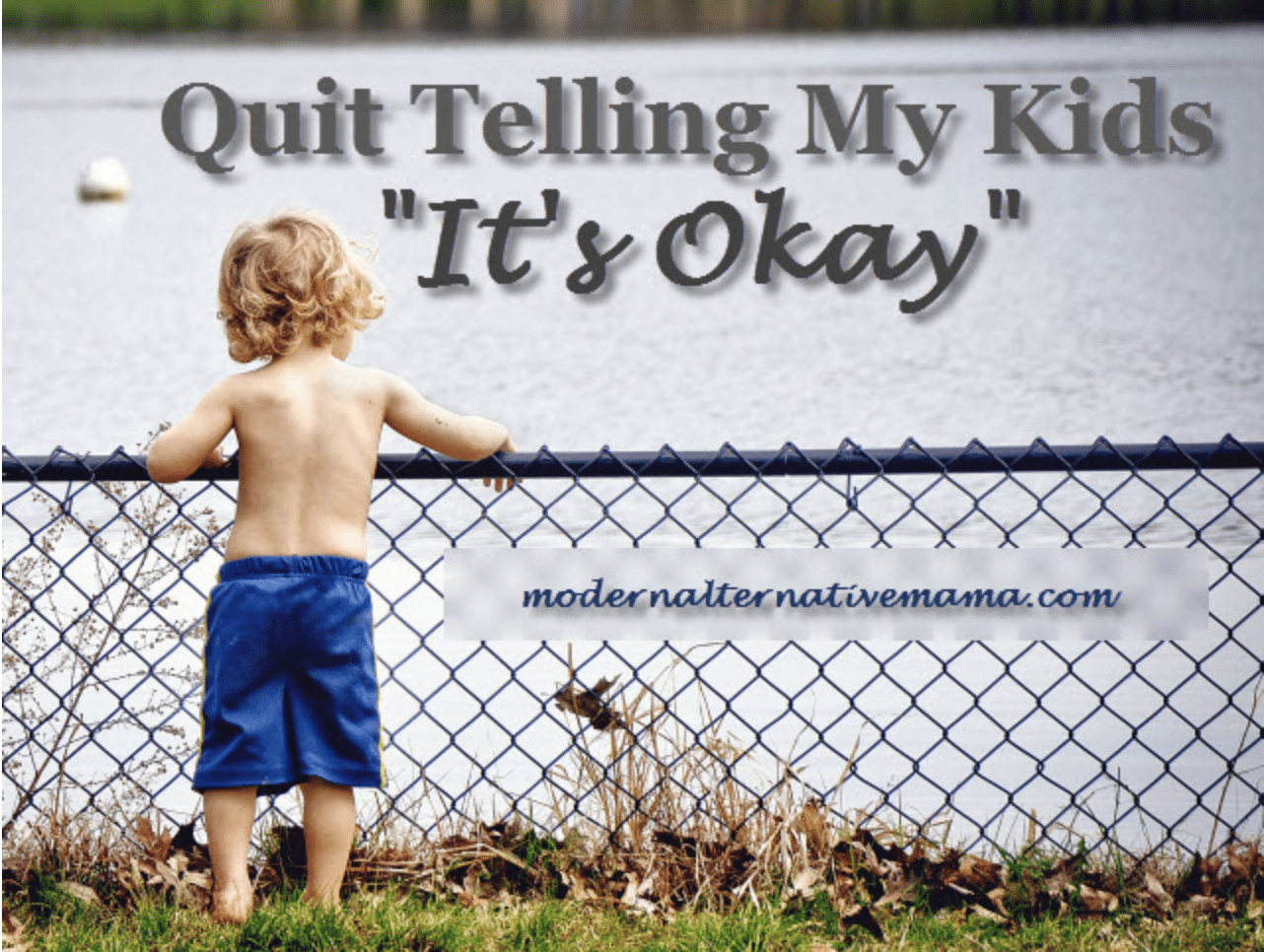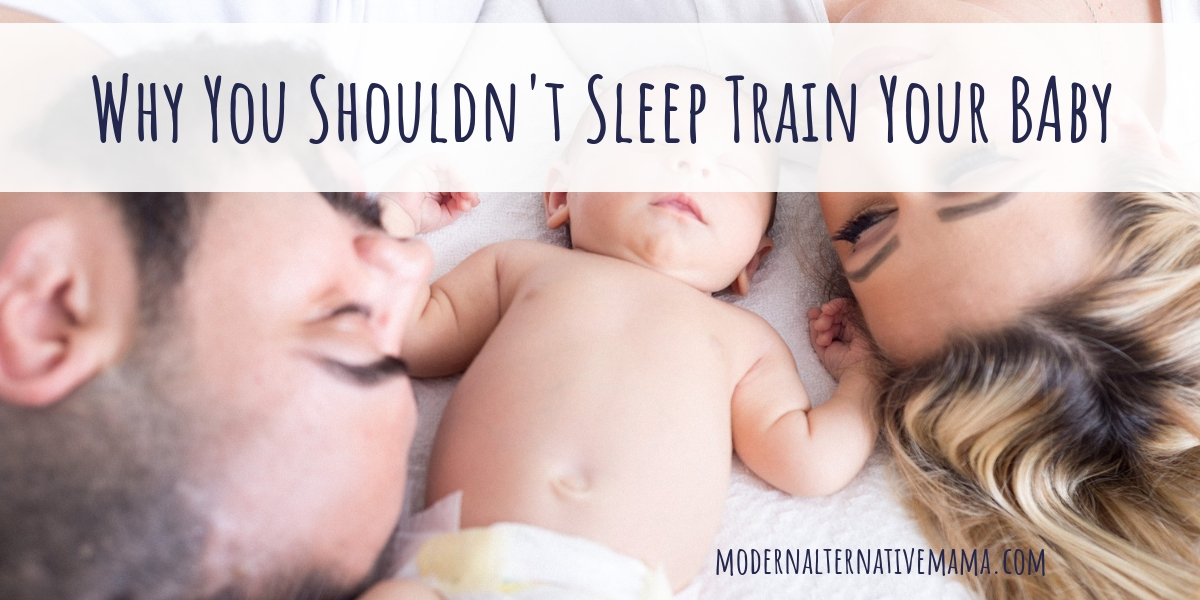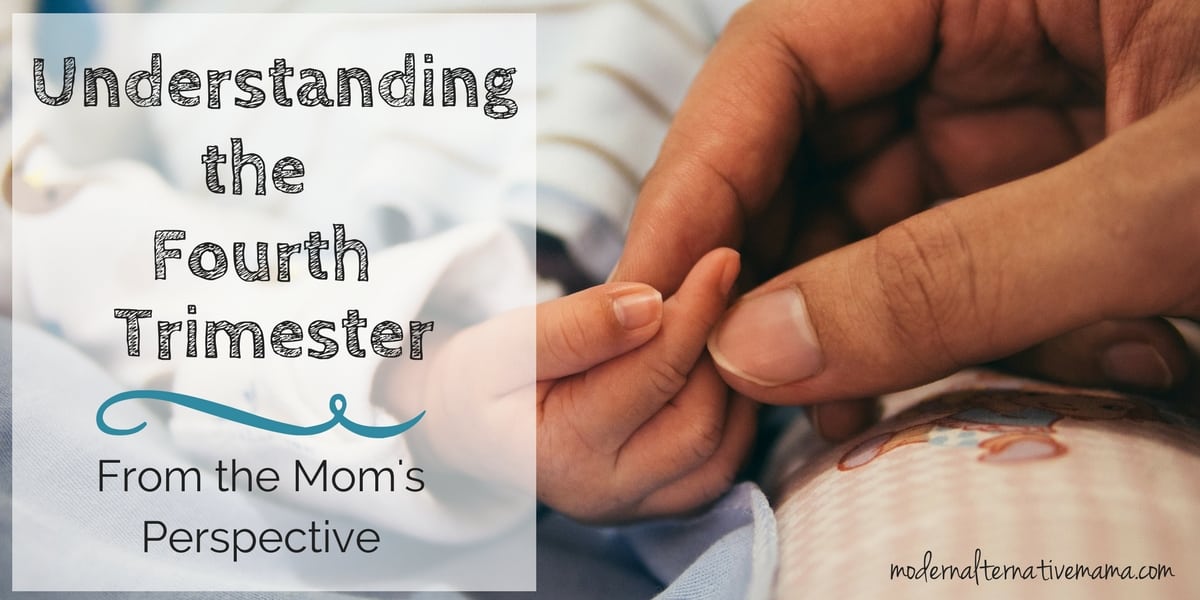This week, all the kids in schools will be celebrating Valentine’s Day. That means class parties, which come along with plenty of cake, candy, and other junk food.
When I was a kid, we exchanged valentines, ate a cupcake, got packs of candy, there was chocolate, and more. Exactly how much candy there was, depended on who the room mothers were that year. But, oh, there was plenty.
For good reason, many of us “alternative” moms, who prioritize health and real food, do not want our children eating so much sugar. Yes, it’s a party, but as I’ve said before, it’s not just one. There are so many occasions for eating lots of junk!
What’s a concerned mother to do?
How to Cope with School Valentine’s Celebrations
It’s not easy being a “real food kid” in a sea of mainstream kids. Most kids reach a point where they don’t want to be different from their peers, and will want to indulge if their classmates are looking — and mom isn’t.
You also may not want to be “that mom,” the one who tries to cancel the party or remove all junk food from schools. Some are okay with that role! Others have a hard time with it.
No matter where you are with this, there are things you can do.
#1) Offer to Help Plan the Party
If you get involved in the party planning, you can help guide them towards (some) healthier options. Maybe everyone gets a cupcake, but they also get some fruit and veggies. Most kids will appreciate those anyway. Or, try to make the party more about games or prizes. Packs of cute Valentine’s pencils can be picked up at the dollar store, or you can play “pin the heart on the Cupid” or other silly games. It doesn’t have to be all about the food.
#2) Send Your Kid with Healthier Treats
Maybe party planning’s not your style, or maybe the party planning is already complete. On the day of the party, send your child with approved treats. Dye-free, organic lollipops are an easy option and a good compromise. Or, a homemade cupcake with less sugar and no food dyes. You may already be planning to do this if your child has food allergies or sensitivities, but consider it even if they don’t.
#3) Trade Candy for “Treats” at Home
Chances are, your child will come home with a bag full of candy. Make your child a deal: for every 10 pieces of candy s/he turns in to you, s/he can have one special “treat” at home. It could be a healthier food treat — my kids love homemade ice cream or dried fruit strips — or it could be something like a movie night, getting to stay up late on one weekend day, or a trip somewhere alone with mom or dad. Make it something special, so that they really want to do it!
#4) Talk to Your Child in Advance
Lots and lots of communication is necessary. You don’t want your child thinking that you are just a big meanie for asking them to limit the sugar. Explain what sugar does to our bodies, and how too much of it is bad. Encourage them to make healthy choices.
Children start being capable of making truly healthy, informed choices around 7 – 8 years old. They won’t be (as) influenced by peers until they are 10 or 11, so you have kind of a “sweet spot” in the early elementary years. (It’s my experience that my kids who are about 4 – 7 are not ‘monitored’ as closely by other adults, as my toddlers are, and are not old enough to say “no” to fun snacks. Once they hit about 7, then they start to make more informed, careful choices. My 8-year-old will say no to things, and even explain why, and make healthy choices often times.)
#5) Decide If This is Your 20%
Some people go by an 80/20 rule — 80% of what they eat is healthy, and 20% is just “whatever.” Maybe this is an occasion where you just want to call it “whatever” and not worry about it. That’s totally up to you to decide.
Why So Many Parties?
Of course, this brings up the question — why we need so many parties in schools, anyway? In this day and age, with so many kids who have food allergies, it seems wise not to assume that anything is safe and plan food-related events in schools.
Some parents, though, feel nostalgic for the parties they had as kids in schools, and think that getting rid of them is too strict and unnecessary. They think that kids need to have a little fun sometimes, and there’s nothing wrong with the occasional treat.
Where do you fall on all of this? Do you think school parties are a good idea…or that they’re unnecessary and unhealthy?








Along with the idea of helping to plan, try volunteering to make the cupcakes for the class. I’d so much rather my kid eat a homemade cupcake than one from some of those box mixes or the grocery store. That way, they can have a treat and the other kids benefit too.
We always assign people to bring a healthy snack and others to a fun snack at school parties. I’m a working mom, but I still volunteer to be a room mother and even though I can’t attend every party I am involved in the planning.
I like the 80/20 rule. I was a kid who grew up in an all natural food house and felt deprived (this was before it was fashionable so I didn’t have any other kids to commiserate with). As soon as I got a car I spent too much time going to fast food and getting other snacks I felt I had been deprived of as a kid. I think you need to be very careful about creating a forbidden fruit situation with your kids.
It has to be about teaching children to make good choices for themselves not making off limit things. I would also caution about crusading to eliminate parties, make them more activity centered sure. As an educator who has worked in a k-8 and higher education environment I worry about kids today who have trouble making decisions without their parents (this includes my young 20 something college students). We need to be raising kids for the world, where there are candy bars at every checkout line and adult decisions about their own children and families. Someday they may even need to make decisions about our end of life care when we are unable to do so for ourselves. We need to be sure we are raising kids to make good choices, not sheltering them from choices.